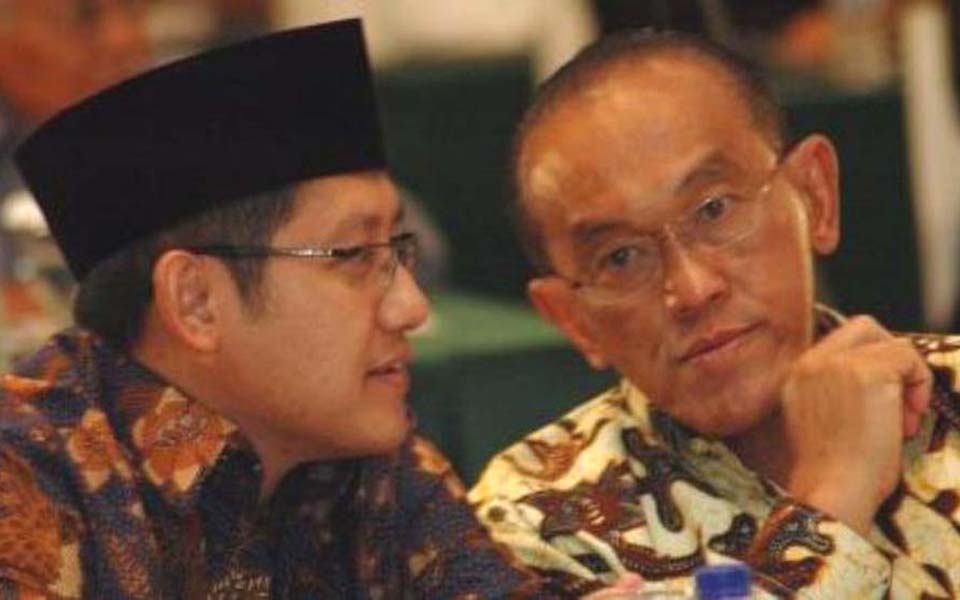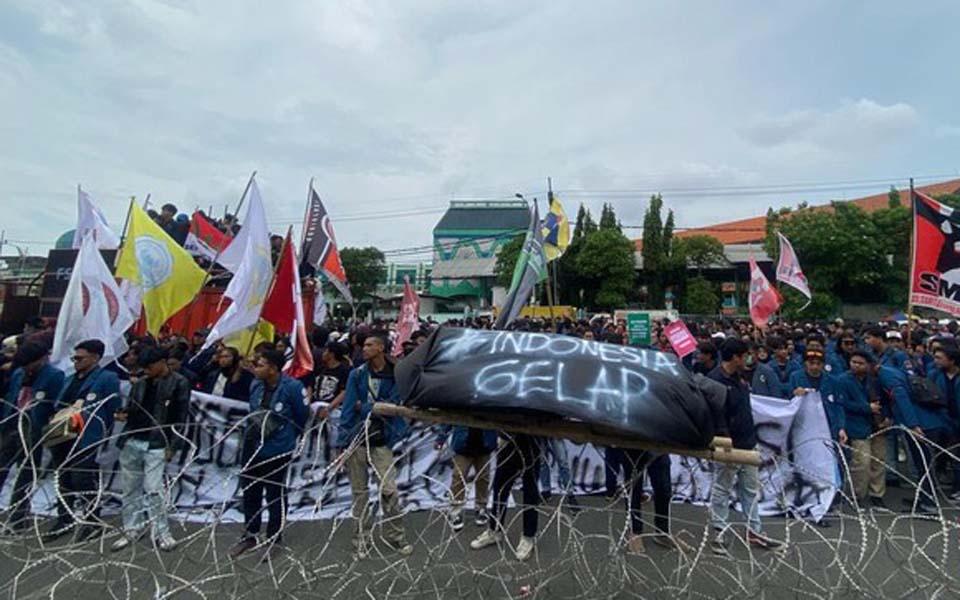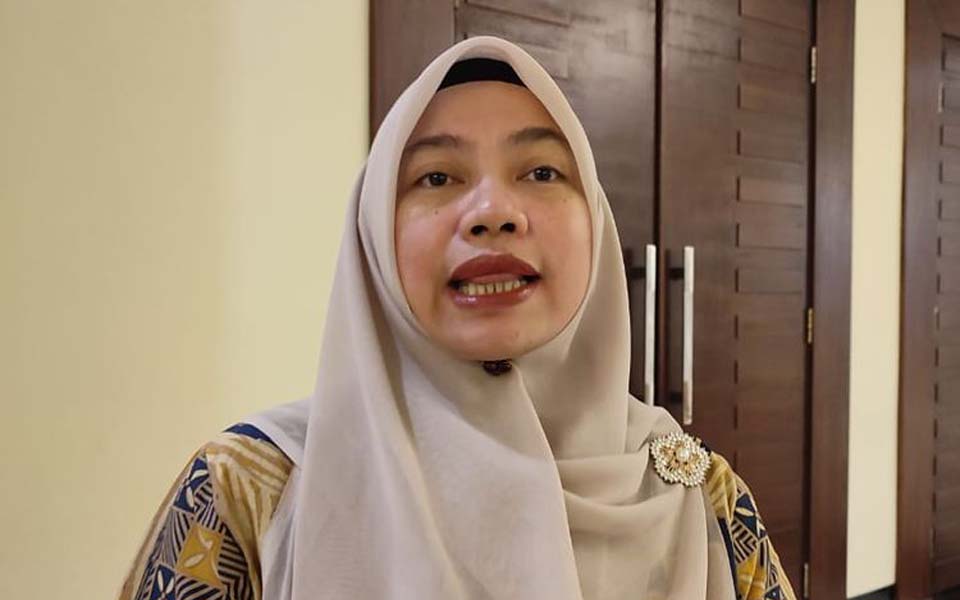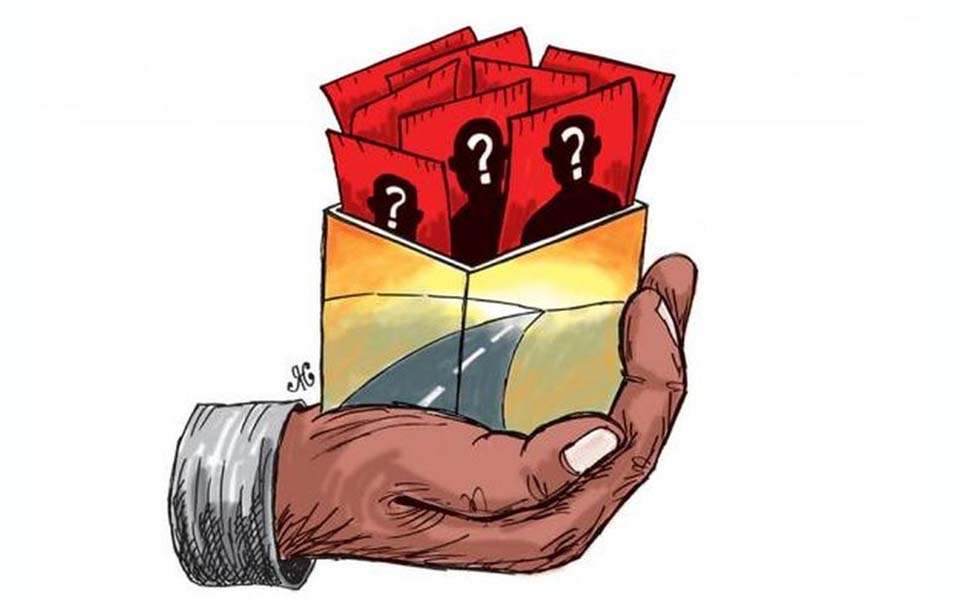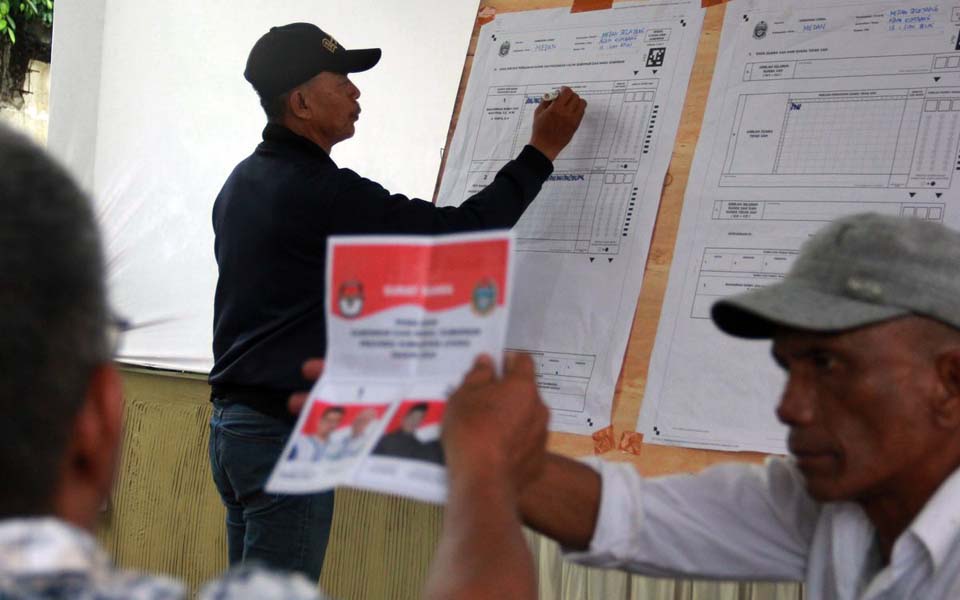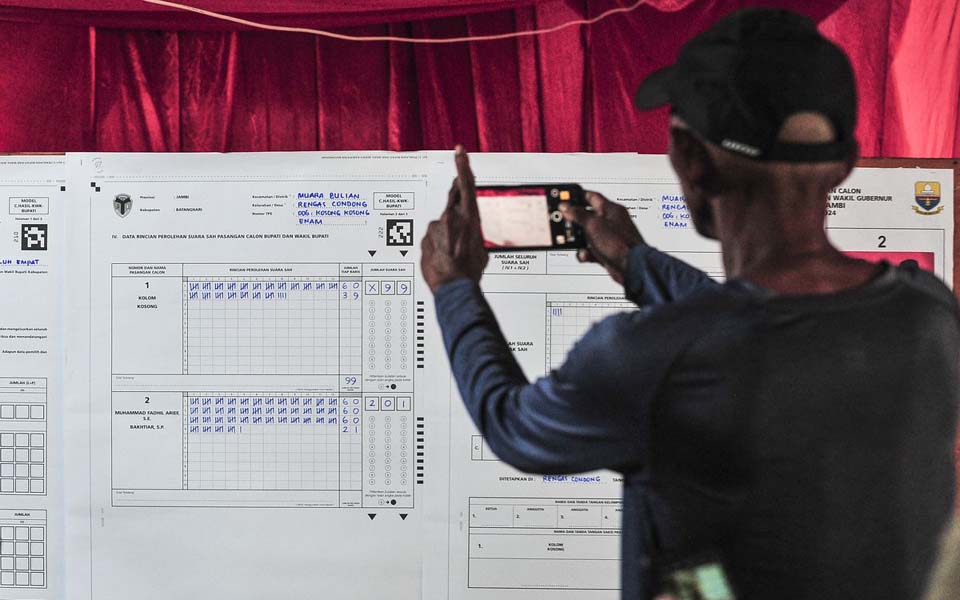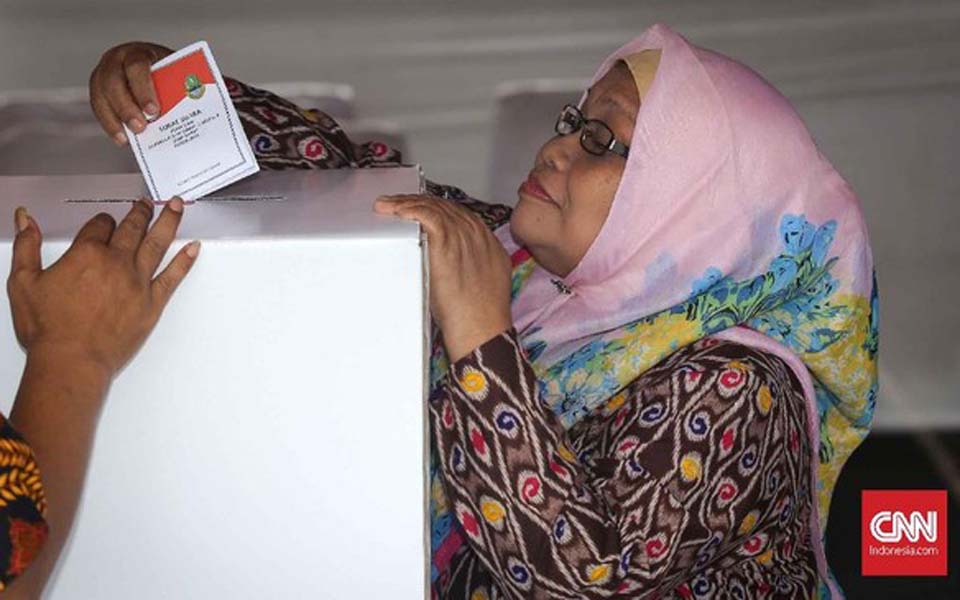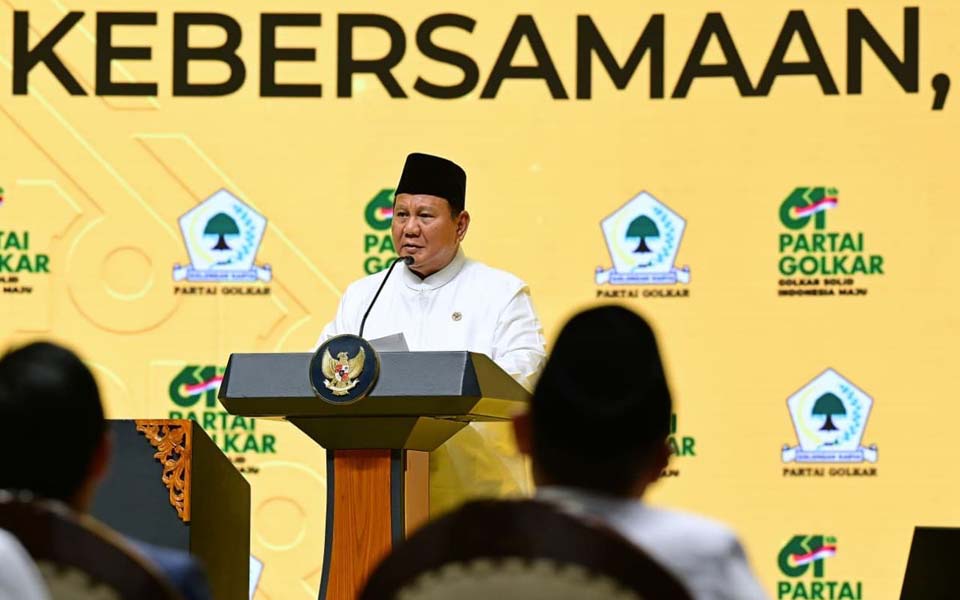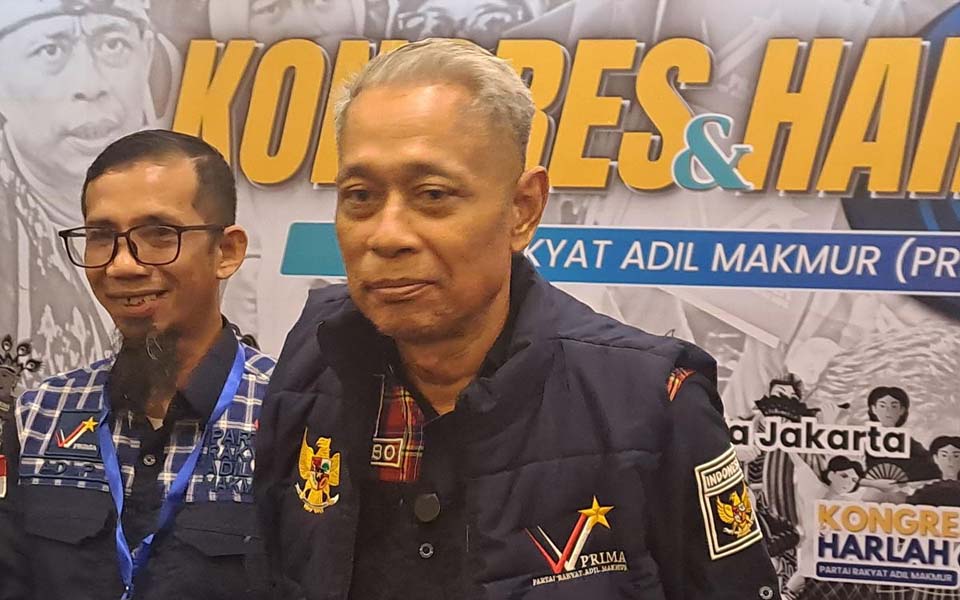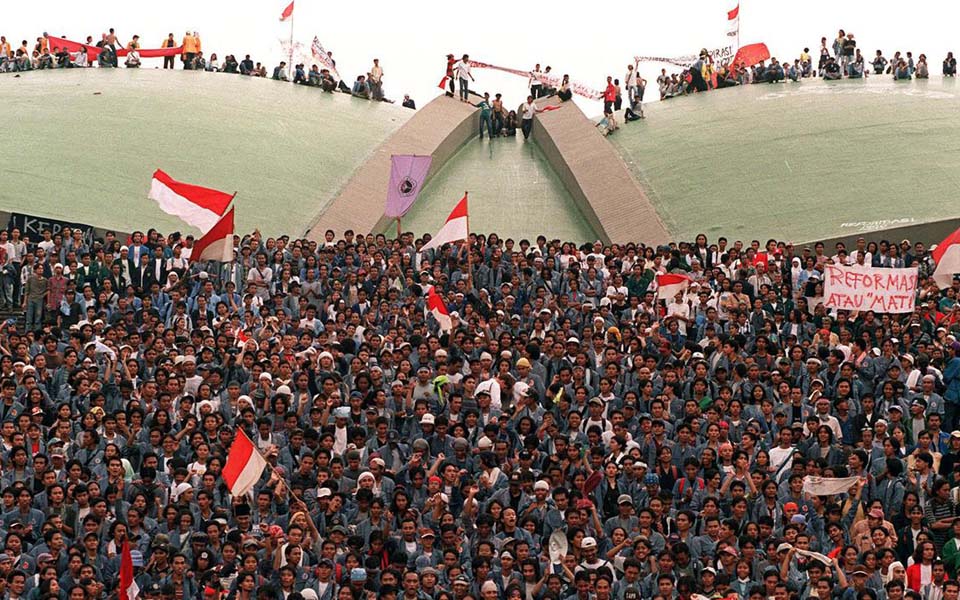M Hernowo and Anita Yossihara – The Joint Secretariat (Setgab) of political parties supporting the administration of President Susilo Bambang Yudhoyono. This was one of the important political “breakthroughs” in 2010, and the controversy surrounding it has continued to this day.
When revealed to the mass media in early May this year, then Democrat Party faction chairperson Anas Urbaningrum described it as a brilliant political initiative on the part of President Yudhoyono. The Setgab would be a place to discuss and agree on issues and strategic agenda, which would then be implemented by the political party coalition members.
In theory, the Setgab does hold an extraordinary powers, being able implement all strategic agenda that they have agreed on. The group is headed up directly by Yudhoyono and Golkar Party General Chairperson Aburizal Bakrie as the managing chairperson. With a membership comprising six political parties, namely the Democrat Party, the Democrat Party, the Golkar Party, the Justice and Prosperity Party, National Mandate Party, United Development Party (PPP) and the National Awakening Party, the Setgab control 423 out of 560 seats in the House of Representatives (DPR), or 75.5 percent.
A number of Setgab decisions have also become reality in the DPR, such as that taken at a Setgab meeting on September 21. Setgab secretary Syarifuddin Hasan from the Democrat Party announced that the Setgab supported the national police (Polri) chief and armed forces (TNI) chief candidates proposed by President Yudhoyono. On the selection of a new Corruption Eradication Commission (KPK) head to replace former chairperson Antasari Azhar, PPP faction secretary Romahurmuziy said the Setgab supports the older of the two candidates.
Both statements became reality. President Yudhoyono’s nomination of Admiral Agus Suhartono as the next TNI chief and Police General Timur Pradopo as the next chief of Polri were both automatically accepted by the DPR. Busyro Muqoddas, who was born in 1952, also defeated Bambang Widjojanto (born in 1959) in the selection of the new KPK chairperson.
Before being taken before the DPR, a number of problems were also discussed beforehand in the Setgab. Before the government submitted the Draft Law (RUU) on the Special Status of Yogyakarta to the DPR on December 16, the Setgab had already held a meeting to discuss the matter with Home Affairs Minister Gamawan Fauzi on December 9.
The six political parties that currently make up the Setgab’s membership also fill all the positions on the DPR’s Honorary Council (BK) in the aftermath of the unresolved conflict on the DPR’s oversight body. This is because the Indonesian Democratic Party of Struggle (PDI-P) faction, which should hold the chair of the BK withdrew its two members and has not replaced them. The Greater Indonesia Movement Party (Gerindra) and the People’s Conscience Party (Hanura) were not allocated positions on the BK.
After the Setgab was established and Sri Mulyani Indrawati resigned from her position as Finance Minister to become a managing director with the World Bank, a full resolution into the Rp6.7 trillion Bank Century bailout case, which created such an uproar in the DPR, also now seems unlikely.
“In the Bank Century case, the DPR killed off its own authority. The DPR failed to respect the decision that it made itself in the case,” said Yudi Latif from the Reform Institute. On March 3, the DPR decided that among other things, there was alleged misuse of authority in the Bank Century case.
The end result of all this said Latif, is that 2010 became the year of political collapse. This occurred because it is as if politics as an instrument of joint problem solving lost its way because it is controlled by parties that are dictated to by their members on the Setgab.
In the shadow of Setgab
This collapse of politics in the DPR is becoming increasingly more tangible. The DPR’s political actions are being overshadowed by the “interests” that emerge in the Setgab. Many decisions taken by the DPR have already been decided beforehand in the Setgab. Yet the Setgab is not a body regulated under law while the DPR is clearly regulated under the 1945 Constitution.
At the same time, DPR members endeavour to take maximum advantage of their positions to foster material benefits and secure political positions. As well as this being caused by their unclear future political careers, this has also been triggered by the high cost of politics.
Romahurmuziy related how the campaign costs for DPR members in the 2009 elections were between 300 million and 10 million rupiah. The average monthly income of a DPR member meanwhile stands at 70 million rupiah, so over a five year period they received 4.2 billion rupiah.
This situation has given rise to several odd proposals in the DPR over 2010, such as the 15 billion rupiah aspiration fund for each DPR member, the 1.2 trillion rupiah construction of a new DPR building and the disbursement of 1 billion rupiah for each village in the country.
Moreover the Setgab was also used as a bargaining position to push through these “exotic” proposals by DPR members. DPR Deputy Speaker Priyo Budi Santoso from the Golkar Party once stated that the party has begun to consider leaving the Setgab because they felt abandoned over the aspiration fund proposal for each DPR member.
In a situation such as this, it is not strange then that almost all of the DPR’s working targets for 2010 failed to be met. In the case of legislation for example, out of the 70 draft laws in the 2010 national legislation program (Prolegnas), only eight were able to be ratified into law.
Ironically, by the end of 2010, no efforts were visible to improve the DPR’s performance. The Prolegnas target for 2011 still stands at 70 draft laws. Efforts to limit political costs through clear and detailed regulations do not appear to have been seriously pursued yet. The DPR also appears unwilling to uphold the DPR’s internal code of ethics, as can be seen from the failure to resolve the conflict within the DPR’s honorary council.
It is not strange therefore that in the end disappointment with the institution and members of the DPR has continued because reform it seems, is still a long way off for the parliament...
[Translated by James Balowski.]





